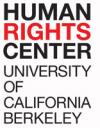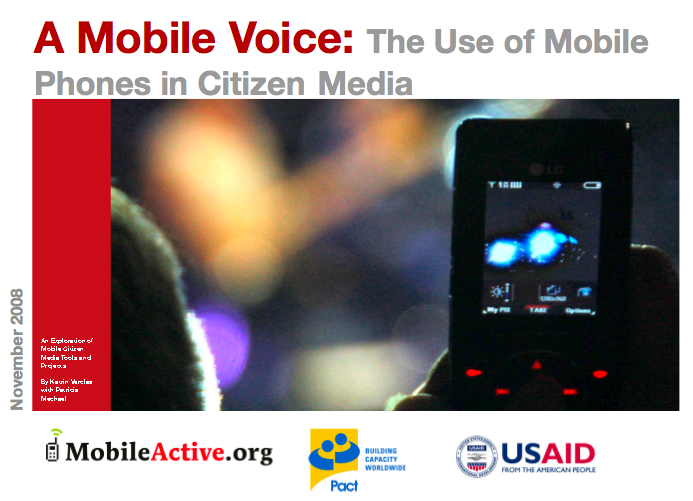Mobile fundraising is taking off -- or so at least hope nonprofits hard hit by the economic downturn. Organizations are looking for a new channel for people to give on the spot, wherever they are, with their phones and a quick text message.
Mobile giving via SMS in the United States and many other parts of the world, has been out of reach because of high carrier charges - up to 50% of a donation would go to the telcom -- unacceptable to most charities.
But this has changed in the last two years. Mobile donation campaigns in the United States that go through the Mobile Giving Foundation are not subject to the high carrier fees. The Mobile Giving Foundation charges a smaller percentage fee -- currently 10%. As a result, in 2008 the field of mobile giving in the U.S. attracted the attention by organizations large and small, including by such brands as UNICEF, the Salvation Army, and the American Society for the Prevention of Cruelty to Animals.








